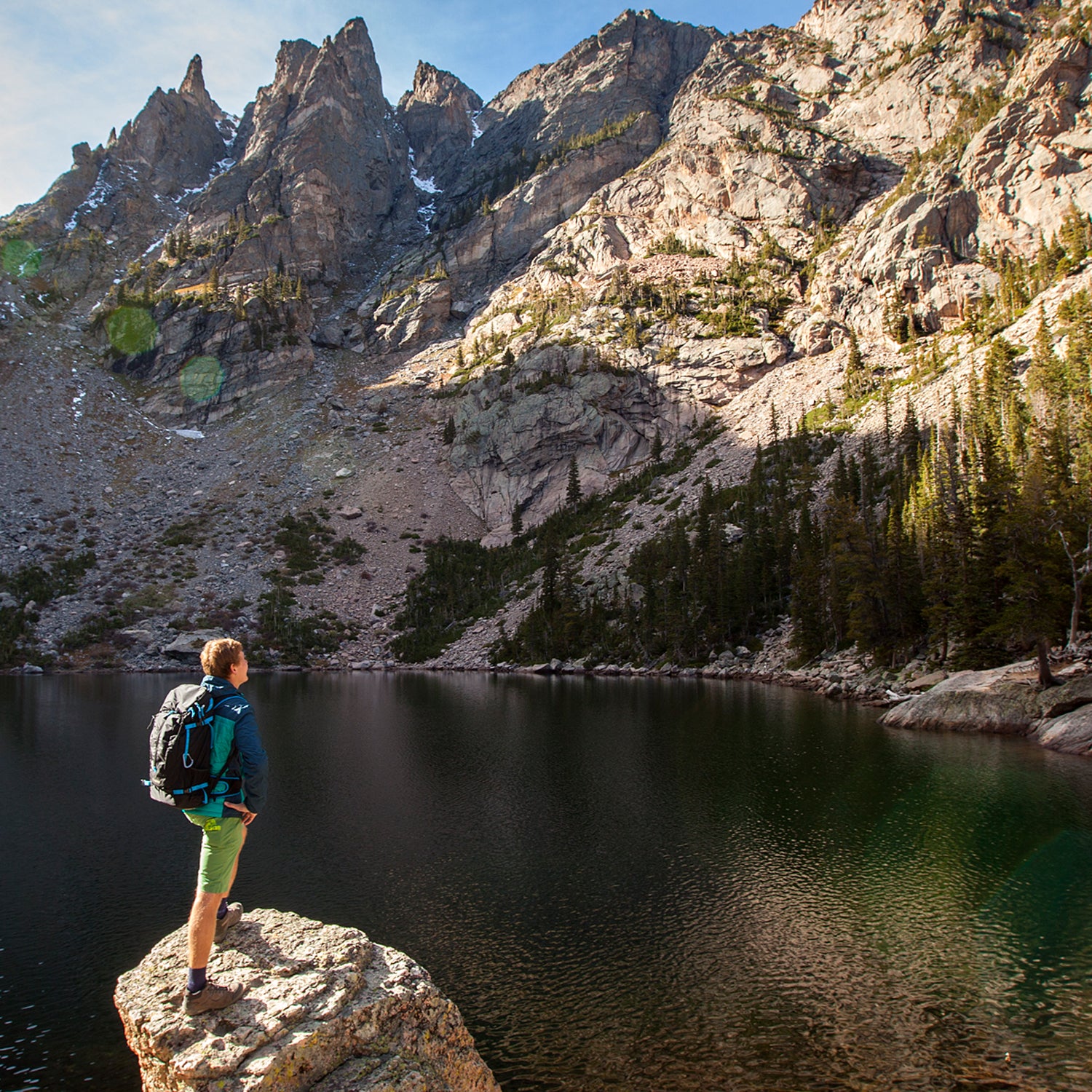I love the national parks like I love my life. When my husband Frank and I stumbled upon them on a road trip around the country in 1995, I could hardly believe that places so beautiful and perfect remain on the face of the Earth—right in our backyard, no less.
In each of the 178 units of the National Park System that I’ve visited from Alaska to the U.S. Virgin Islands, I’ve found some persistent item of inspiration. I revel among thousands of other visitors in the natural beauty and history that our parks represent and the opportunity to get away from the clamor of the maddening world.
But I suspect that few people who enjoy the parks have any idea of the threats to their continued survival as we know them, or the role we should be playing to help them continue, as , “unimpaired for the enjoyment of future generations.”
“What would you think if you knew there’s a move to increase the corporate presence in national parks?” I recently asked a young couple walking around Bear Lake in Rocky Mountains National Park.
“What!?” they exclaimed in unison. “I’d say that’s a dumb idea. We come out here to get away from all that.”
On my flight home, I got into a conversation with my seatmate about how much he loved the parks in California where he grew up. He was stunned when I mentioned the Director’s Order 21 that proposes to open the door to an increased corporate presence in national parks and require park service employees to raise funds to manage the parks. I told him that in the 100 years since the Park Service was established to manage and protect our park this was strictly verboten.
“So why are they doing this?” he asked.
“Money,” I said.
I told him about the tremendous backlog in funds that the Park Service is reporting ($11.5 billion) and explained that Congress had failed repeatedly throughout this century to allocate sufficient amounts of our tax dollars to maintain the parks. For example, over the eight years of President Obama's tenure, Congress appropriated nearly $700 million, or 3 percent less than the amount the president proposed. Obama also requested hundreds of millions of dollars in mandatory funding to address maintenance and other needs, but Congress failed to enact legislation to support these requests. I told him about the efforts of some leaders to gut our public lands entirely, and how, according to the League of Conservation Voters, the leader of the Senate Committee on Natural Resources and her counterpart in the House have a pro-environmental voting record of four percent and zero percent, respectively.
Like millions of Americans that love and enjoy our national parks, the people I talked with took it for granted that they are protected into perpetuity and that they’ll always be there for us. They were horrified by how much they don’t know about the precarious position these places are in. Each considered it a breach of the public trust that such dramatic changes could conceivable be enacted under our noses, without our knowing. I encouraged them to research the issues online and join the organizations resisting it.
I hope your interest is sufficiently piqued that you will address it, too.

Audrey Peterman is president and co-founder of Earthwise Productions, Inc., an environmental consulting and publishing firm focused on connecting the public lands system and the American public.


